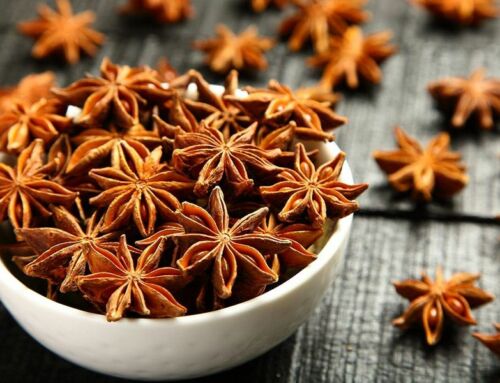Rhodiola rosea, also known as golden root or roseroot, is a perennial flowering plant that grows in cold regions of the world, such as the Arctic and mountainous areas of Europe and Asia. It has been used for centuries in traditional medicine to treat a wide range of conditions, including fatigue, depression, and anxiety. Today, rhodiola rosea is one of the most widely researched herbs, with numerous studies exploring its potential health benefits.
One of the primary health benefits of rhodiola rosea is its ability to reduce fatigue and improve physical and mental performance. In a study published in the journal Phytomedicine, researchers found that rhodiola rosea significantly reduced fatigue and improved overall mental and physical performance in a group of people experiencing fatigue. Another study, published in the Journal of Alternative and Complementary Medicine, found that rhodiola rosea improved physical and mental performance in military cadets during a winter training exercise.
Rhodiola rosea may also be effective at reducing symptoms of depression and anxiety. A study published in the journal Planta Medica found that rhodiola rosea improved symptoms of mild to moderate depression in a group of people who took the herb for six weeks. Another study, published in the journal Phytotherapy Research, found that rhodiola rosea improved symptoms of anxiety in a group of people with generalized anxiety disorder.
In addition to its effects on fatigue, depression, and anxiety, rhodiola rosea has also been shown to have a number of other potential health benefits. For example, some research suggests that rhodiola rosea may help to improve cognitive function, reduce the risk of stroke, and even have anti-cancer properties.
One of the most promising areas of research on rhodiola rosea is its potential to boost the immune system. In a study published in the journal Phytomedicine, researchers found that rhodiola rosea significantly improved immune function in a group of people with weakened immune systems. Another study, published in the Journal of Ethnopharmacology, found that rhodiola rosea increased the production of white blood cells, which are important for fighting off infection and disease.
Despite its potential health benefits, rhodiola rosea is not without side effects. The most common side effects of rhodiola rosea include stomach upset, dry mouth, and dizziness. In rare cases, rhodiola rosea may cause more serious side effects, such as rapid heartbeat and low blood pressure. It is important to talk to your healthcare provider before taking rhodiola rosea, especially if you are pregnant, nursing, or have any pre-existing medical conditions.
In conclusion, rhodiola rosea is a herb with a long history of use in traditional medicine. Its potential health benefits include reducing fatigue, improving mental and physical performance, and boosting the immune system. While rhodiola rosea is generally safe, it can cause side effects, so it is important to talk to your healthcare provider before taking it.





Leave a Reply